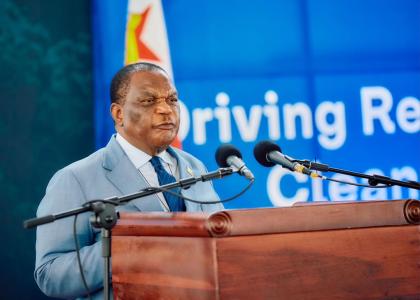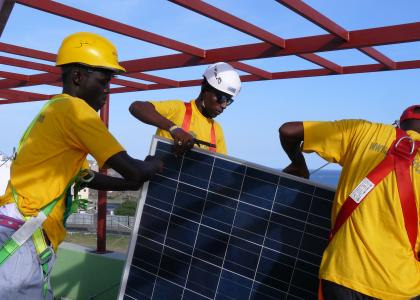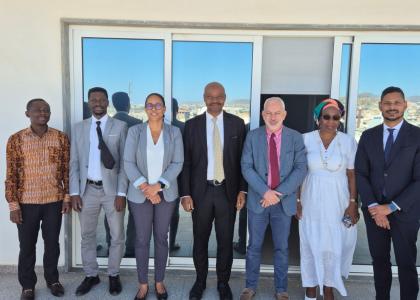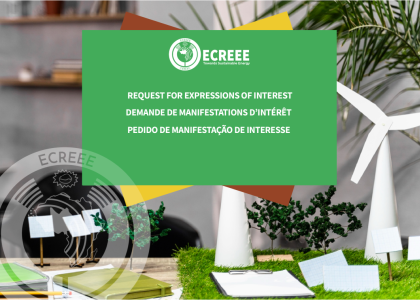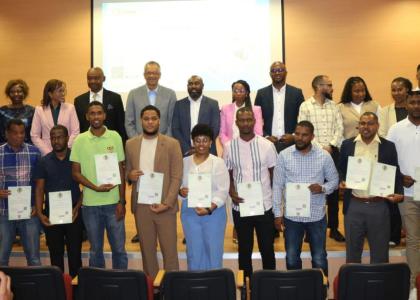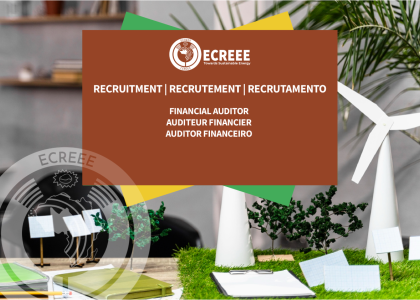The 70th Ordinary Session of the ECOWAS Council of Ministers on Friday, 21 June 2013 in Abidjan, Cote D’Ivoire considered and adopted the ECOWAS Policies on Renewable Energy and Energy Efficiency, as well as the ECOWAS Small-Scale Hydro Power Programme and the ECOWAS Bio-energy Strategy. This followed the adoption of the report of the 11th Meeting of ECOWAS Energy Ministers, which was presented by the Honourable Oluniyi Robbin-Coker, Minister of Energy and Water Resources of the Republic of Sierra Leone. The regional RE&EE policies have been recommended to the Authority of Heads of State and Government for adoption. The regional policies represent a voluntary contribution of ECOWAS to the attainment of the SE4ALL targets in West Africa.
The ECOWAS Renewable Energy Policy (EREP) aims to increase the share of renewable energy in the region’s overall electricity mix to 10% in 2020 and 19% in 2030 (excl. larger hydro power), while the ECOWAS Energy Efficiency Policy (EEEP) aims to implement measures that free 2000 MW of power generation capacity. The ECOWAS Small-Scale Hydro Power Program aims to generate additional capacity of 787 MW by 2020 and 2,449 MW by 2030, while the ECOWAS Regional Bioenergy Strategy Framework seeks to promote sustainable exploitation of the region’s bioenergy resource by enabling domestic and foreign investments that help address the region’s prevailing energy poverty, without compromising food security and the environment.
The regional energy frameworks and strategies were adopted against the background of the persistent energy crisis currently facing the region and its effects on the economic development of Member States. The Council, in adopting them, therefore joined the Energy Ministers in expressing their commitment to the improvement of energy security and increased access to modern energy services through the promotion and use of renewable energy and energy efficient technologies in ECOWAS Member States. Current market trends indicate a consistent price reduction for renewable energy and energy efficiency solutions, making them more competitive and offering opportunities for the diversification of the ECOWAS region’s energy sources.
During the next years, ECREEE in its capacity as regional hub for SE4ALL will lead the process of implementing the regional RE&EE policies on national levels. This process will also result in the development and execution of SE4ALL road maps for the entire ECOWAS region. The development and execution of the regional policies is being supported by the United Nations Industrial Development Organization (UNIDO), the Africa-EU Renewable Energy Cooperation Programme (RECP), the Governments of Austria and Spain, as well as the GEF Strategic Programme for West Africa (GEF-SPWA).


